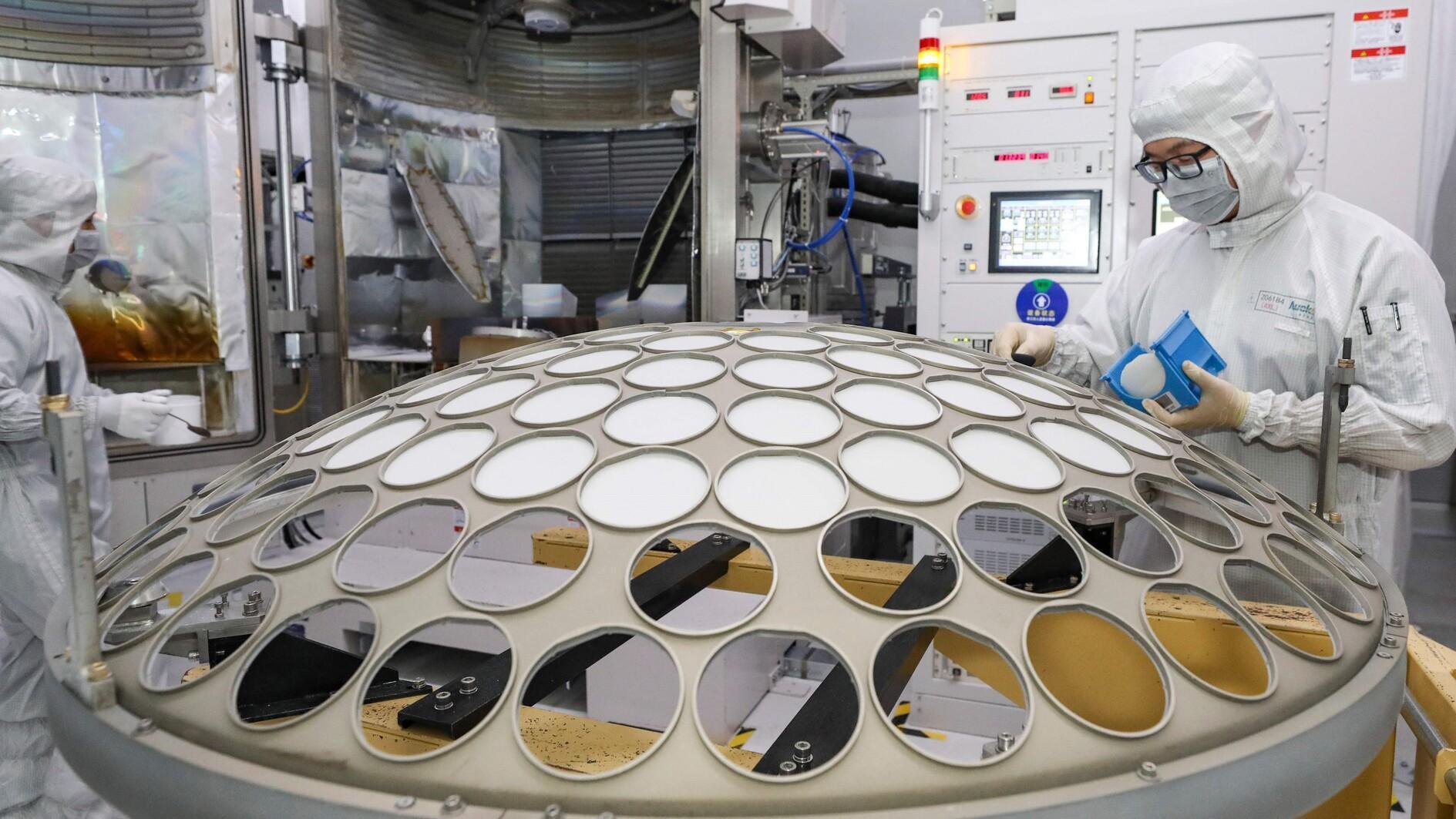
U.S. President Donald Trump has signed a memo calling for curbs on Chinese investments in strategic sectors like technology and critical infrastructure, a move Beijing slammed on Feb. 22 as "discriminatory."
The move, including an expanded role for a foreign investment review panel, comes at a time of growing trade tensions and strategic competition between the world's two biggest economies.
It is aimed at promoting foreign investment in the United States, while protecting U.S. national security interests "particularly from threats posed by foreign adversaries" like China, the White House said.
The memo signed on Feb. 21 singles out China for "increasingly exploiting United States capital to develop and modernize its military, intelligence, and other security apparatuses."
China's Commerce Ministry spokesperson on Feb. 22 said the "U.S. approach unduly broadens the concept of national security, and is discriminatory."
It will "seriously hurt the confidence of Chinese enterprises willing to invest in the United States," the spokesperson said in a statement.
"China will closely follow the moves of the U.S. and take necessary measures to safeguard its legitimate rights and interests," the spokesperson added.
The memo called for the Committee on Foreign Investment in the United States (CFIUS) to be used to restrict Chinese investments in key U.S. sectors such as technology, critical infrastructure, health care and energy.
CFIUS is a panel that weighs the national security implications of foreign investments in the United States.
"President Trump is keeping his promise to prevent foreign adversaries from taking advantage of the United States," the White House said.
Trump early this month imposed additional customs duties of 10 percent on all products imported from China, over the country's alleged role in the deadly fentanyl trade.
Beijing has pushed back against the accusation.
But on Feb. 19, the U.S. president suggested that a trade deal with China was "possible."
Meanwhile, U.S. Treasury Secretary Scott Bessent and his Chinese counterpart He Lifeng raised mutual concerns on trade and economic issues in their introductory call on Feb. 21.
"Secretary Bessent expressed serious concerns about the PRC's counternarcotics efforts, economic imbalances, and unfair policies," said a Treasury Department readout, referring to the People's Republic of China.
Meanwhile, Chinese Vice Premier He Lifeng "expressed serious concerns about the recent restrictive measures, such as increased tariffs, imposed on China by the United States," according to state broadcaster CCTV.